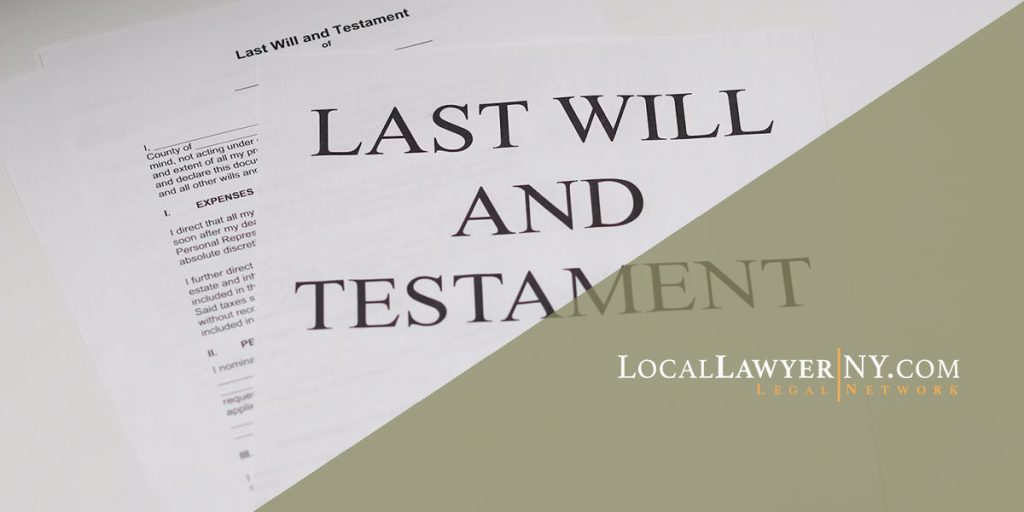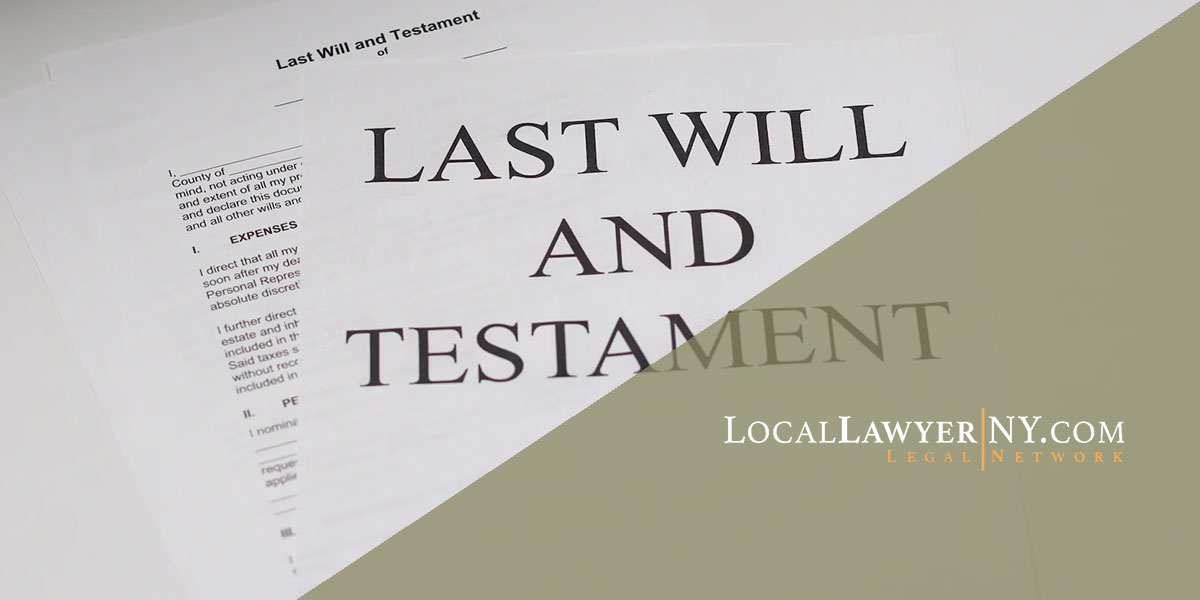
Exploring the Ancient Document Exception for New York Wills
When it comes to estate planning and probate in New York, dealing with older documents can pose challenges. One crucial aspect to understand is the Ancient Document Exception, a unique provision in New York law that impacts the handling of aged wills. This article will delve into the details of this exception, its prerequisites, and the implications it holds for both individuals and legal professionals.
Unpacking the Concept of the Ancient Document Exception
The Ancient Document Exception serves as an evidentiary rule within New York’s legal framework. It allows for the acceptance of older documents as evidence under specific conditions, bypassing the typical requirement for witness testimony to authenticate them. This rule is especially relevant for wills that have aged several decades, where witnesses may no longer be available to vouch for the document’s validity.
Criteria for Utilizing the Ancient Document Exception
To make use of this exception, certain criteria must be satisfied. The document in question must be a minimum of 20 years old, devoid of any signs of alteration, and discovered in a natural place of safekeeping. Furthermore, the document must have been stored in a manner that guarantees its authenticity. These criteria are in place to ensure that only genuine documents benefit from this exception.
Navigating the Probate Process for Lost or Ancient Wills
Probating an old or lost will under the Ancient Document Exception involves a specific set of steps. The individual advocating for the will must demonstrate that it meets all the exception’s criteria. This may entail presenting evidence regarding the document’s age, condition, and storage history. Subsequently, the Surrogate’s Court evaluates this evidence to determine if the will can be admitted to probate without the usual authentication procedures.
Recent Modifications to the Hearsay Exception for Ancient Data and Documents
Recent alterations at the federal level have impacted the hearsay exception for ‘ancient’ data and documents. These changes reflect the evolving landscape of document storage and authentication in the digital era. It is imperative for individuals and legal practitioners to stay abreast of these developments to effectively navigate the probate process.
Significance and Considerations for Individuals and Legal Professionals
The Ancient Document Exception carries substantial weight in the realm of estate planning and probate. For individuals, it provides a means to probate old wills when traditional authentication methods are unfeasible. For legal professionals, a comprehensive understanding of this exception is essential for dispensing practical advice and ensuring the seamless probate of estates involving aged documents.
In Conclusion
The Ancient Document Exception stands as a crucial component of New York’s probate law, offering a remedy for handling older wills. Its correct application guarantees that the wishes of the deceased are respected, even in situations where traditional authentication avenues are unavailable. As legal practices and technologies progress, staying informed about such exceptions becomes increasingly vital.
FAQs (Frequently Asked Questions):
What does the ancient document exception entail for a will in New York?
The ancient document exception permits the admission of older wills into probate without the standard authentication process, provided they meet specific criteria.
Is it possible to probate a lost will as an ancient document?
Indeed, a lost will can undergo probate as an ancient document if it aligns with the criteria outlined under the Ancient Document Exception.
What specific requirements must be met to apply the ancient document exception?
Several requirements must be fulfilled, including the document being at least 20 years old, untampered with, and located in a natural place of custody, among other stipulations.
How do recent federal adjustments impact the hearsay exception for ‘ancient’ data and documents?
Recent changes reflect the evolving nature of document storage and authentication, influencing how ancient documents are treated under the hearsay exception.
The post Ancient Document Exception for a New York Will appeared first on locallawyerny.com.
Ancient Document Exception for a New York Will
Creating a will is an important step in ensuring that your assets and estate are distributed according to your wishes after you pass away. In New York, wills are subject to specific legal requirements to be considered valid. However, there is an exception to these requirements known as the Ancient Document Exception.
What is the Ancient Document Exception?
The Ancient Document Exception is a legal doctrine that allows a document to be admitted to probate as a will even if it does not meet all of the formal requirements set forth by New York law. To qualify for this exception, the document must:
- Be in the decedent’s own handwriting
- Be signed by the decedent
- Clearly indicate the decedent’s intention to dispose of their property upon their death
Essentially, if a document can be proven to be the decedent’s last will and testament, it may be admitted to probate even if it does not meet the traditional requirements for a valid will.
Benefits of the Ancient Document Exception
There are several benefits to the Ancient Document Exception, including:
- Providing flexibility for individuals who may not have followed the formalities of creating a will
- Allowing for the distribution of assets according to the decedent’s true intentions
- Preventing assets from going to unintended beneficiaries
Practical Tips for Using the Ancient Document Exception
If you believe that a document may qualify for the Ancient Document Exception, there are a few practical tips to keep in mind:
- Consult with an experienced estate planning attorney to determine if the document meets the requirements for the exception
- Gather any evidence or witnesses that can attest to the authenticity of the document and the decedent’s intentions
- Be prepared for potential challenges or disputes from other beneficiaries who may contest the validity of the document
Case Study: Applying the Ancient Document Exception
One notable case where the Ancient Document Exception was successfully applied is the Matter of Kumstar. In this case, the New York Surrogate’s Court admitted a handwritten note as a valid will despite not meeting the formal requirements. The court found that the note clearly expressed the decedent’s intention to leave her estate to her niece, and therefore, it was deemed a valid will under the Ancient Document Exception.
First-Hand Experience
As an estate planning attorney, I have seen firsthand how the Ancient Document Exception can be a valuable tool in ensuring that a decedent’s assets are distributed according to their true wishes. By carefully examining the circumstances surrounding a document and gathering the necessary evidence, it is possible to successfully apply this exception and avoid unintended consequences.
| Pros | Cons |
|---|---|
| Flexibility in estate planning | Potential for legal challenges |
| Preserving the decedent’s intentions | Not suitable for all cases |
In conclusion, the Ancient Document Exception offers a valuable alternative for individuals who may not have followed the formalities of creating a will in New York. By consulting with an experienced attorney and carefully gathering evidence, it is possible to utilize this exception to ensure that a decedent’s true intentions are carried out.


